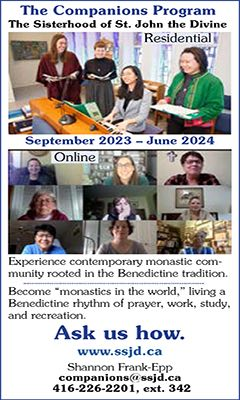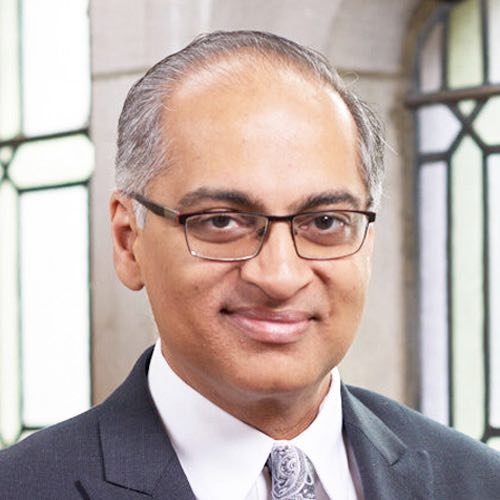When Christians encounter people from other traditions, they are often inclined to ask, in a spirit of curiosity, “What do you believe?” This might seem a perfectly reasonable question to pose. The only trouble is that many other traditions are practice centred, not belief centred.
The scholarly term for this priority for practice over belief is orthopraxy, as opposed to orthodoxy. This distinction, of course, is not absolute but a matter of relative emphasis. Jewish and Hindu traditions, for example, are far more focused on practice over doctrine. One scholarly definition of the term Hindu is “people who break coconuts as offerings to the divine.” That definition goes further than any belief-centred formulation possibly could.
Some contemporary Christian scholars speak of the three Bs: believing, belonging and behaving. Bracketing out “belonging” for a moment, what I am arguing here is that for many traditions, behaving is far more central than believing.
On balance, Christian communities are, however, far more centered on believing the right things. In fact, the differences between beliefs are what account for the fracturing of Christians into different denominations: beliefs about whether the spirit proceeds from the Father or the Father and the Son; beliefs about predestination and free will; beliefs about whether Christ is really present in the eucharist, or whether it is solely an act of remembrance.
Christian communities have, over time, even begun to imagine that we are saved by having the right beliefs rather than by God’s love.
The great Harvard comparative religionist and theologian Wilfred Cantwell Smith captured this error most strikingly when he wrote:
“The notion that a religion is a nice thing to have, even that it is useful, has arisen, as it could arise only, in a secular and desperate society. Such a notion is a kind of blasphemy, to those whose faith is sensitive. One has even reached a point today where some Christians can speak of believing in Christianity (instead of believing in God and in Christ); of preaching Christianity (instead of preaching good news, salvation, redemption); of practicing Christianity (instead of practicing love). Some even talk of being saved by Christianity, instead of by the only thing that could possibly save us, the anguish and the love of God…. A Christian who takes God seriously must surely recognize that God does not give a fig for Christianity.”
What a statement — God does not give a fig for Christianity! Striking, but also obviously true. God loves the world and God’s creatures. God does not love religions, nor are Christians anywhere taught that they are saved by their beliefs or by their Christianity.
Thankfully, part of what it means to be Anglican is to be less interested in creeds and confessions than in the life of prayer and liturgy. We are what we pray, not what we believe, and even prayer is, as Saint Paul would remind us, something that the spirit does in us not something we do on our own steam. Liturgical language is “love language” and, hence, closer to poetry than to a rigidly organized system of correct beliefs.
Of course, what we pray has implications for what we believe. But the one to whom we pray is enshrouded in mystery. The infinite cannot be captured by any of our beliefs.
What should this mean for our common life together? I’d argue that it should mean at least one thing: Anglicans ought to be deeply hospitable to a variety of theological convictions, all of which are provisional and necessarily inadequate. Christianity, in any case, has never been monolithic and has been marked by the widest and wildest kinds of diversity.
Mind you, I am a theologian who loves discussing and analyzing the relative adequacy of theological concepts. Testing and revising our convictions is hard and holy work, but I would never want to fall into believing that I have arrived at the right theology or that my Christian neighbor in faith who holds differing convictions is benighted or basic, whereas I have a more advanced set of convictions.
The children’s song some of us were taught to sing in church camps has it right: “And they’ll know we are Christians by our love” — not by our theology! The bottom line: the test of growth in Christian faith is whether, as a disciple of Jesus, I am growing in my capacity for love of neighbour and enemy alike, not in the purported sophistication of my theology. For without love, we are but noisy gongs and clanging cymbals.




